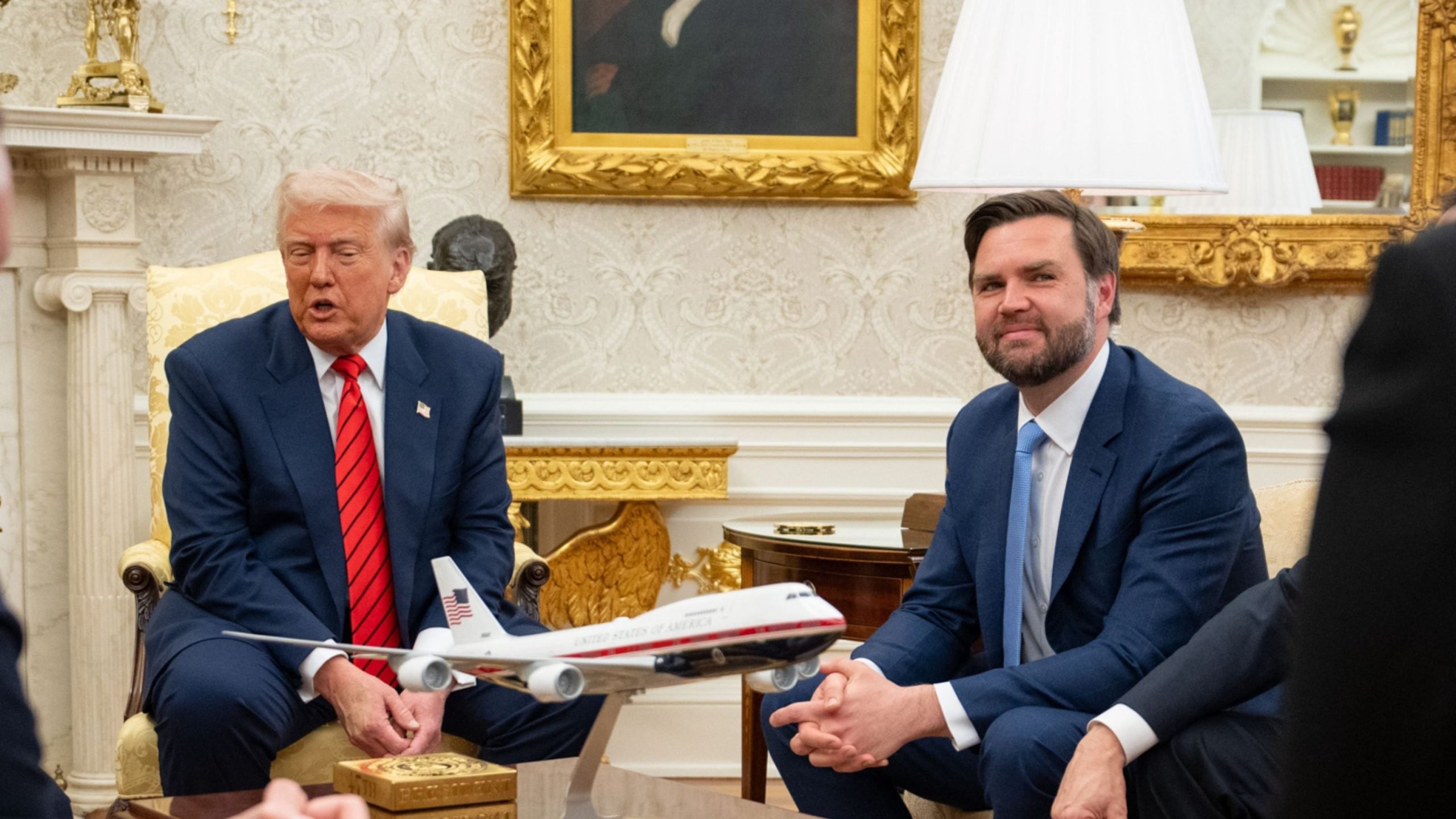Vice President JD Vance sounded the alarm this week over the growing international push to restrict speech, warning that aggressive censorship trends in Europe could soon clash with American constitutional principles.
Speaking with Glenn Beck, Vance stressed that transatlantic influence runs deep, and the speech policies being advanced in Europe aren’t confined to their borders.
“The kind of social media censorship that we’ve seen in Western Europe, it will and in some ways, it already has made its way to the United States. That was the story of the Biden administration silencing people on social media,” Vance said.
He argued that the US must take a firm stance in defense of First Amendment ideals and not allow foreign pressures to shape domestic policies, particularly in the digital space. “So we’re going to be very protective of American interests when it comes to things like social media regulation. We want to promote free speech. We don’t want our European friends telling social media companies that they have to silence Christians or silence conservatives, and I think there is going to be that friction over the next ten years.”
While emphasizing that diplomatic ties remain intact, Vance acknowledged that serious ideological divisions are emerging. “It’s not that we are not friends, but there’re gonna have some disagreements you didn’t see 10 years ago.”
Vance’s concerns were prompted by a question from Beck regarding troubling developments in countries like Canada and within the EU. The digital censorship framework in Europe has gone well beyond theory, with major tech companies already feeling the brunt of regulatory threats. Firms like X, Instagram, Facebook, and TikTok have faced mounting pressure to fall in line with EU speech codes or suffer severe financial consequences.
The EU has been leveraging the weight of its Digital Services Act (DSA) to pressure American tech companies into stricter content moderation, effectively threatening massive financial penalties if platforms fail to comply with the bloc’s speech regulations.
Under the guise of targeting “illegal hate speech” and “disinformation,” the DSA hands sweeping authority to EU bureaucrats to dictate what is deemed acceptable speech online. US-based firms operating in Europe are being told to align with these speech codes or face crippling fines, sometimes totaling into the billions.
The global trajectory of censorship, as Vance framed it, poses a real threat to American freedoms. The push to sanitize discourse under the guise of combating disinformation isn’t stopping at any border, and it’s clear some in Washington are prepared to push back.













